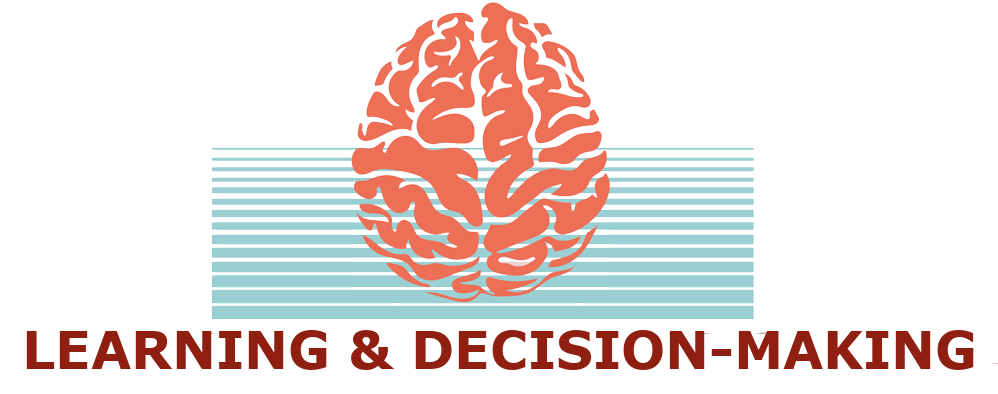New paper by Johannes in Nature Communications
Congratulations to Johannes for a great start of the year! The new paper titled “Prefrontal signals precede striatal signals for biased credit assignment in motivational learning biases” is now published in Nature Communications. Here’s the really short summary: As humans, we are more likely to take action when we expect a reward but hold back when expecting punishment. In this paper, we show that such motivational biases may stem from biased action outcome learning in cortico-striatal circuits.
Captivated? Here’s the abstract from the paper: Actions are biased by the outcomes they can produce: Humans are more likely to show action under reward prospect, but hold back under punishment prospect. Such motivational biases derive not only from biased response selection, but also from biased learning: humans tend to attribute rewards to their own actions, but are reluctant to attribute punishments to having held back. The neural origin of these biases is unclear. Specifically, it remains open whether motivational biases arise primarily from the architecture of subcortical regions or also reflect cortical influences, the latter being typically associated with increased behavioral flexibility and control beyond stereotyped behaviors. Simultaneous EEG-fMRI allowed us to track which regions encoded biased prediction errors in which order. Biased prediction errors occurred in cortical regions (dorsal anterior and posterior cingulate cortices) before subcortical regions (striatum). These results highlight that biased learning is not a mere feature of the basal ganglia, but arises through prefrontal cortical contributions, revealing motivational biases to be a potentially flexible, sophisticated mechanism.
If you want to know *even* more, here you can read the whole paper, and if you want to play with either the task or the data, you can access the data and the code from the experiment. If you are still not satisfied and want to know even more, please get in touch with Johannes or Hanneke!
